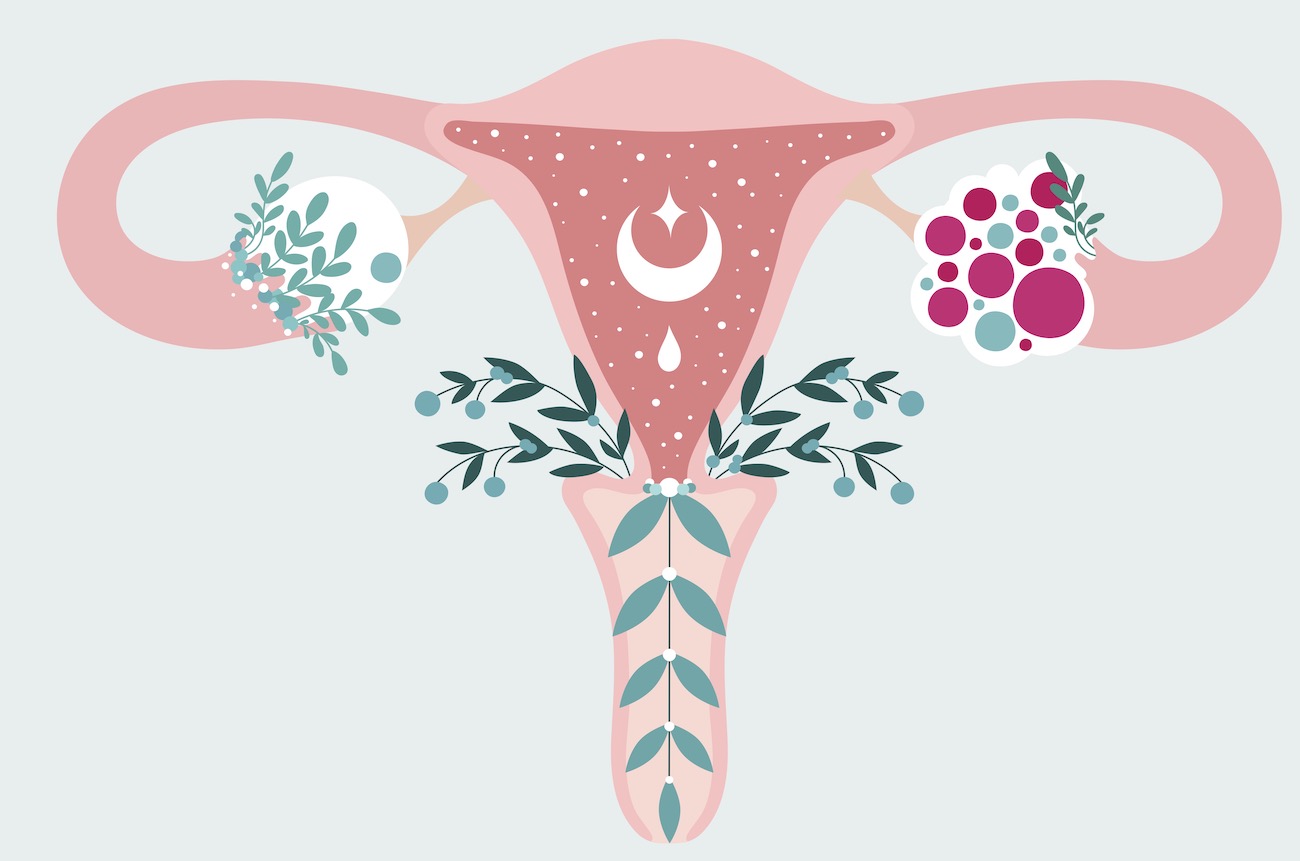Adjusting your Lifestyle
When you decide you are ready to conceive, it is important to take a look at your lifestyle and determine if any aspects need to change to support what you hope will be a pregnancy in the near future. Look at your daily habits. Are you consuming excessive amounts of alcohol? Perhaps it is time to cut back to a single glass of wine instead of three. After all, once you conceive you will have to stop drinking. Additionally, ensure you are not consuming more than 200 mg of caffeine per day. If you use any tobacco products or recreational drugs, it is time to quit.
Consider scheduling an appointment with your doctor. Your physician may want to run some labs to ensure your body is functioning properly. Common tests completed in the preconception period include a thyroid panel, complete blood count, vitamin D, a complete metabolic panel, cholesterol, and sometimes, hormone testing. Your doctor will check-in about your overall health, by doing such things as checking your blood pressure, any health concerns you raise, your stress levels, and likely, your diet.
While you can continue to live your life how you see fit when trying to conceive, it might be a good idea to begin to look at your level of stress. If you are highly stressed, consider some ways you can work to reduce stress, such as scheduled “you time”. This might include yoga, walks, counseling services, meditation, and many other stress reducing techniques.
If you have been on birth control, you will not likely find it surprising that you will need to discontinue your birth control to begin your trying to conceive journey. Most women like to make this transition with their doctor’s guidance. It can take a while for your cycle to regulate after stopping hormonal birth control so you may want to consider stopping your birth control in advance of when you would like to try to become pregnant.
Medication and supplements
While there is a lot of disagreement about what are the best and necessary supplements to take while trying to conceive, in general, most doctors agree that you should take a prenatal vitamin in advance of getting pregnant. Prenatal vitamins contain numerous necessary vitamins and minerals, one of which is folic acid or folate. This b-vitamin is crucial for baby’s development, and taking it before pregnancy and in early pregnancy can help prevent birth defects of the brain and spine. Speak with your doctor to determine if any supplements would be beneficial for you on your TTC journey.
Keeping active
Being active and ensuring you are getting adequate exercise is a healthy habit you will likely want to keep as a part of your routine while trying to conceive. Exercise has numerous health benefits, such as reducing insulin resistance which can help support ovulation. While exercise is not a prerequisite to getting pregnant, if you do not exercise you may want to look for fun ways to incorporate some movement into your daily routines. Remember-even going for a walk is exercise!
Getting some shut eye
Prioritizing sleep should be on your mind when you are trying to conceive. Although difficult to do when you are busy, trying to stick with your sleep routine and ideally aiming to get at least 8 hours of sleep each night is a good idea. By avoiding blue light before bed and aiming to wind down by a certain time each night, you will set yourself up for more success in the sleep department.
Foods to incorporate into your diet:
Your diet can have a profound impact on your fertility when it comes to your hormones and cycle regularity. Selecting nutrient dense foods can help improve your chances of conception. In general, aim for thefollowing:
- Foods high in iron
- Plenty of vegetables. Consider dedicating half of your plate each meal for vegetables.
- Proteins, such as chicken and low-mercury fish
- A few servings of fruit, particularly those high in antioxidants, such as blueberries.
- Plenty of water
While you focus on the foods above, aim to limit the following menu options:
- Refined sugar and high glycemic index foods
- Highly processed foods
- Unpasteurized milk productions
- Raw or uncooked eggs Raw or undercooked eggs (such as in Caesar salads or poached eggs)
- High mercury content fish, such as tuna and swordfish
You are likely already incorporating many of these healthy habits into your routine as you prepare your body for pregnancy. It can feel overwhelming to attempt to implement many changes in your routine at once, so consider making only 1-2 changes per week. However you decide to move forward, we know you are making the best decisions to support you and your future baby.



